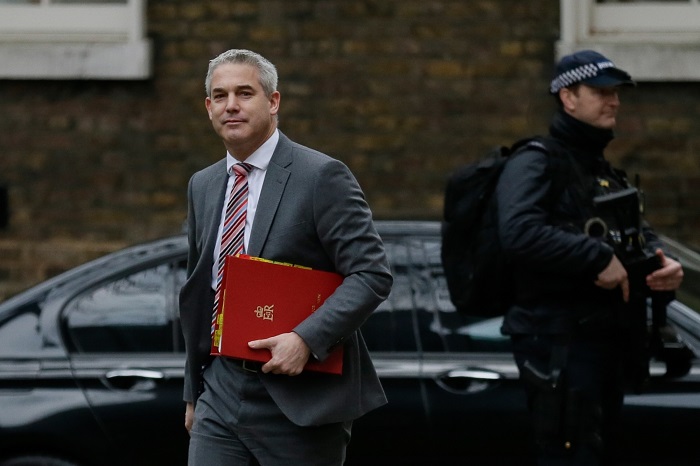London, None of the eight Brexit options proposed by British lawmakers have secured clear backing in a series of votes in the Commons.
The options — which included a customs union with the EU and a referendum on any deal — were supposed to help find a consensus over how to leave the EU.
Brexit Secretary Stephen Barclay said the results strengthened ministers’ view their deal was “the best option”, the BBC reported.
The proposal which came closest to commanding majority support was a cross-party plan — tabled by former Conservative chancellor Ken Clarke — for the whole of the UK to join a new customs union with the EU to ensure tariff-free trade after the UK’s exit.
Eight Conservatives voted for a referendum to endorse the deal, the proposal which secured the most affirmative votes. Labour controversially whipped its MPs to back the proposal but 10 shadow ministers abstained and Melanie Onn quit her job to vote against.
The results capped a day of drama in which Theresa May promised to stand down as Prime Minister if her deal was passed.
May told a meeting of Tory MPs she would leave office earlier than planned if it guaranteed Parliament’s backing for her withdrawal agreement with the EU.
How MPs voted:
Confirmatory referendum — For: 268 Against: 295
Customs union — For: 264 Against: 272
Labour’s Brexit plan — For: 237 Against: 307
Common Market 2.0 — For: 188 Against: 283
Revoking Article to avoid no deal — For: 184 Against: 293
No-deal exit on 12 April — For: 160 Against: 400
Malthouse Plan B — For: 139 Against: 422
EFTA and EEA membership — For: 65 Against: 377
Clarke’s supporters included five Conservative ministers: Mark Field, Stephen Hammond, Margot James, Anne Milton and Rory Stewart.
All Conservative MPs — excluding cabinet ministers — were given a free vote, meaning they were not ordered to vote in a certain way, the BBC said.
Labour’s own alternative plan for Brexit – including “close alignment” with the single market and protections for workers’ rights — was defeated by 307 votes to 237.
Five other propositions — including backing for a no-deal exit, the so-called Common Market 2.0 plan, a separate proposal to remain in the European Economic Area and one to stop the Brexit process by revoking Article 50 — all failed to secure the backing of a majority of MPs, the BBC reported.










